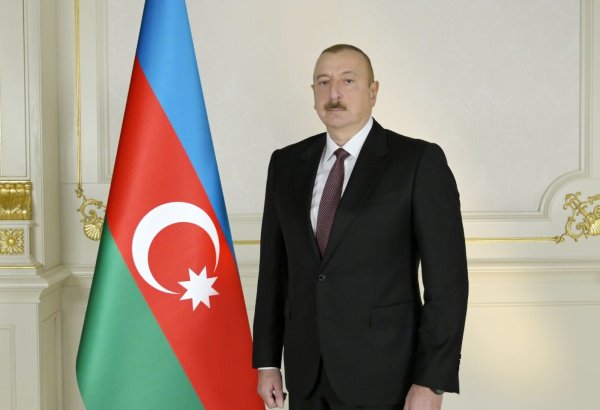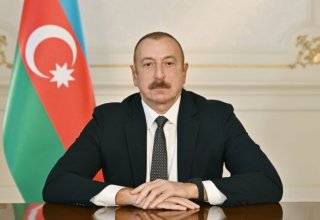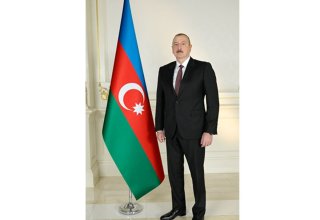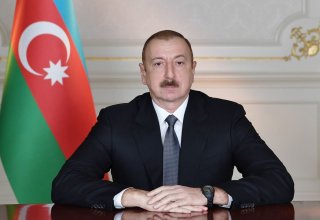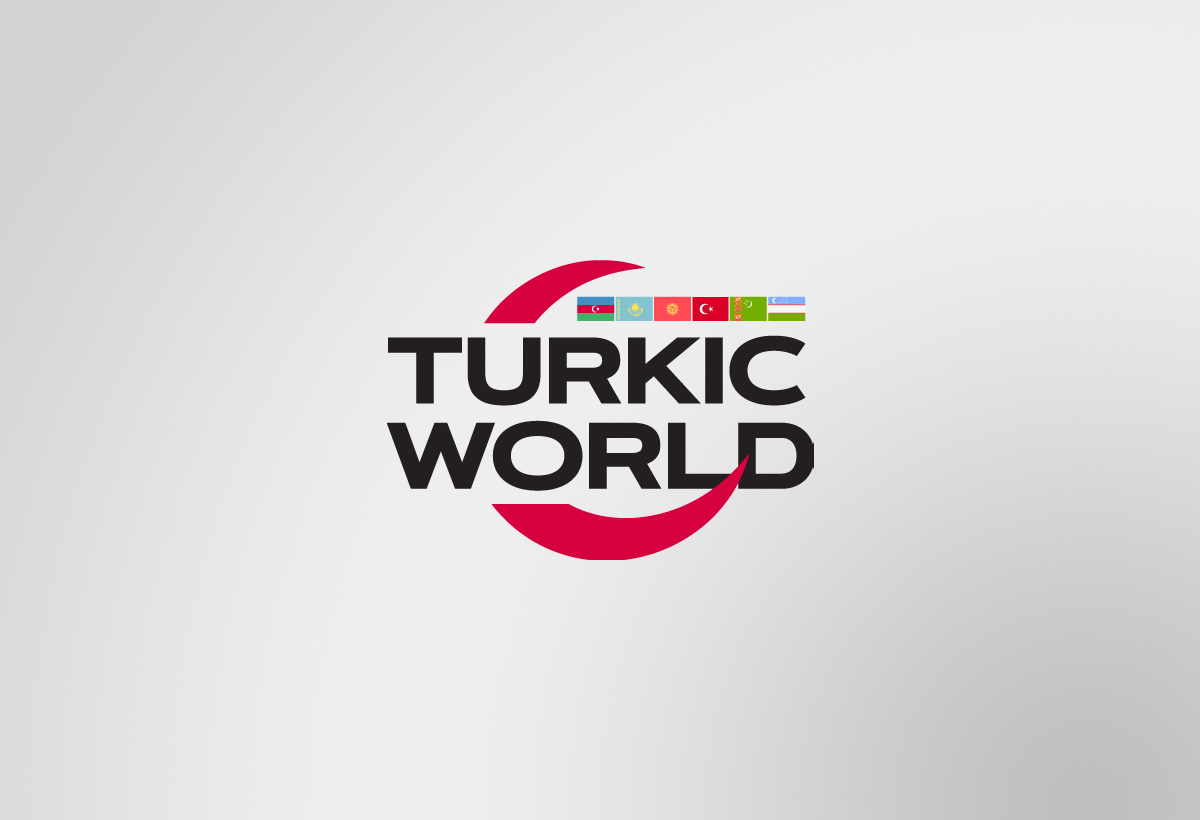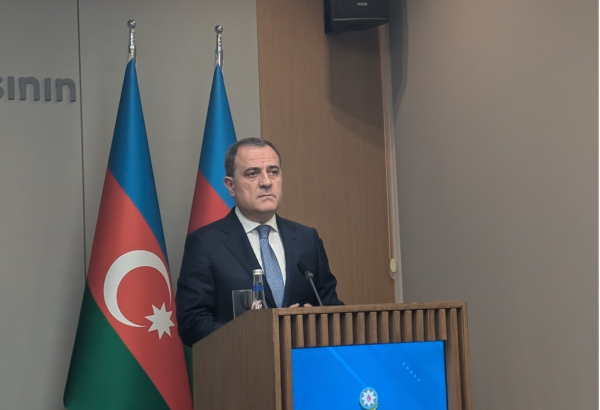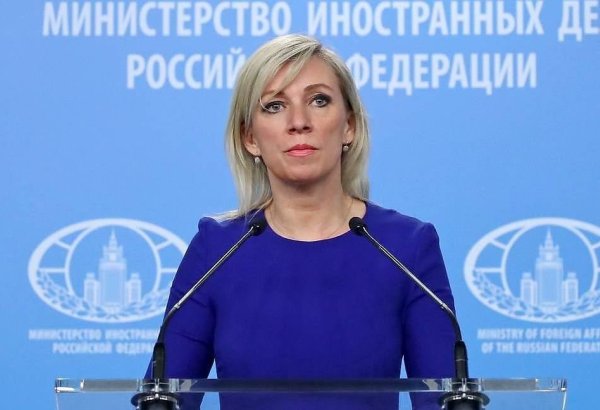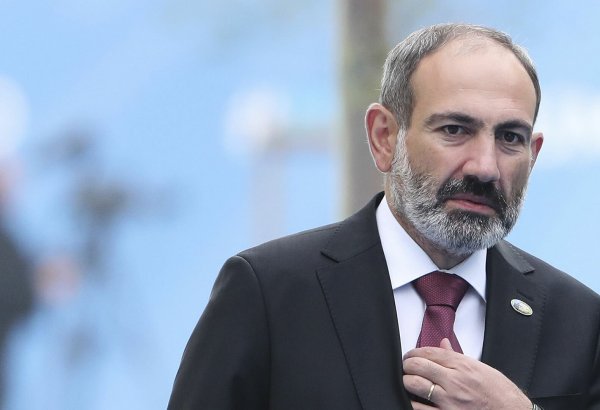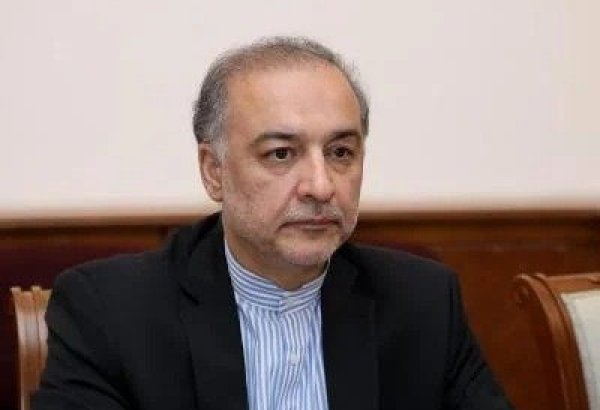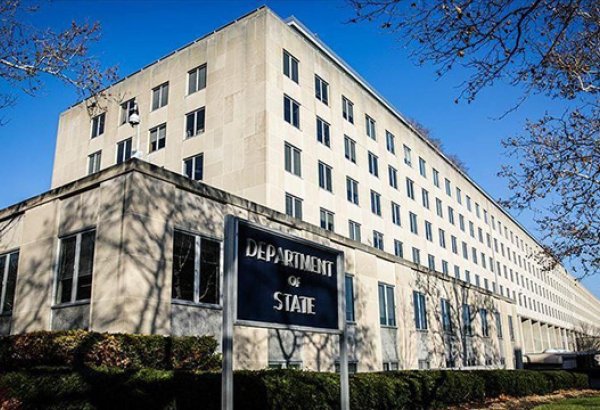Baku. TurkicWorld:
On a visit to Azerbaijan, the delegation of the Organization of Islamic Cooperation has been carrying on fact-finding in Azerbaijani territories formerly occupied by Armenians and exposed to Armenian vandalism. True to its mission, the delegation investigates facts about Armenia's destruction of religious and cultural monuments, and cemeteries belonging to Azerbaijanis, and collects materials about Azerbaijanis affected by occupation and rocket bombing, and lastly, prepares a report on the results of the mission in order to present it to the international community, TurkicWorldreports with the reference to Azernews.
During the visit, the OIC delegation got acquainted with the atrocities committed by the Armenians not only in the First Garabagh War. They also closely familiarized themselves with the Armenian terrorist acts committed in Ganja during the Second Garabagh War.
However, it should be noted that terrorist acts of Armenians, as well as provocations against citizens of Turkish origin, are committed not only on our territory but also in other countries. For example, France, Iran, and Lebanon, which are members of the OIC, are places where Armenians still commit crimes against Turkish and Azerbaijani citizens. The worst thing is that the world community turns a blind eye to all the atrocities committed by the Armenians, and at the same time, some organizations even support them.
A question arises whether the information collected during the visit of the OIC will be powerful enough to prevent all Armenian atrocities.
Investigating this issue, the AZERNEWS editorial received comments from two different experts, members of the OIC from Muslim countries.
According to the Director of the Republican Center for Strategic Studies in Baghdad, Professor Moutaz Mouhi Abdel Hamid, the OIC is like any other international organization. Its decisions are not bound by its members, such as the League of Arab States and the UN. Therefore, the position of Syria and Lebanon is based on their interests and benefits with the countries of the region and the countries of the European Union and the influence of the Armenian lobby in these countries on political decision-makers. That is why they look at their interests with Armenia, historically, with the existence of common goals for hundreds of years.
"It seems to me that Azerbaijan should conduct a serious investigation on this issue and, if necessary, the Ministry of Foreign Affairs of Azerbaijan should hold detailed discussions with the Ministry of Foreign Affairs of the other side," the Professor said.
He noted that the Armenians in Lebanon and Syria constantly sent Armenian volunteers to Armenia before and after the 44-day war, in which Azerbaijan defeated the Armenian troops and liberated its territories. As such, arms and supplies remain an important weapon for the Lebanese of Armenian origin, those who seek to resume the war again.
"The Organization of Islamic Cooperation provided political and technical support to Azerbaijan during the years of the Armenian occupation of the Garabagh region."
While sharing his views, the Egyptian Researcher in the affairs of Asia and the Turkic world, Professor Dr. Ahmed Abdoh Tarabeik said. However, unfortunately, these political positions remain non-committal for member states to pursue specific policies, such as economic or political sanctions against Armenia. Therefore, during the visit, the Organization adopted resolutions condemning the occupation of the Garabagh region by Armenia and declared the destruction of Azerbaijani cultural and historical heritage in Garabagh.
"I believe that Azerbaijan's openness to Islamic countries and strengthening relations with them on a bilateral basis through political and economic cooperation is the best way to win positions and coordinate policies with these countries," the Professor added.
According to the expert, Syria, Lebanon, and other Arab, Islamic peoples are not hostile to Azerbaijan. "The reason is that many of these people know little about Azerbaijan, its history, culture, and civilization. And for this, the presence of Azerbaijan in various political, economic, and cultural spheres is necessary, these countries got acquainted with Azerbaijan and the ongoing problems about Azerbaijan’s Garabagh. Armenia is an aggressor country, which attacked the lands of Azerbaijan, and at the same time, spread lies in many countries of the world to show communities the opposite of what they have done," he emphasized.
Professor Tarabeik noted that the demography of Lebanon is based on religious division, as Muslims live there, as well as Maronite Christians. But since the First World War, a large number of Armenians have been living in Lebanon. These Lebanese of Armenian origin make up a large community in Lebanon, and according to the sectarian division of political positions in the country. The Armenian community has a permanent representation in the Lebanese Parliament, as well as in the Council of Ministers. In view of the difficult economic situation in Lebanon, the Armenian communities abroad, especially in France and the US, forming a strong lobby, take advantage of such circumstances in order to incite some Lebanese of Armenian origin to carry out provocative activities against the Turks and Azerbaijanis in Lebanon. Pointing the recent attack on the Azerbaijani Embassy in Beirut as another example, the expert condemned the act of Armenians.
"Provocative actions against innocent citizens and diplomatic institutions are unjustified and unacceptable, whatever the motives and reasons are. These are reprehensible actions that are not sanctioned by any international laws or norms. I see that these actions express the desperation of the Armenians and their disappointment as a result of their humiliating defeat in Garabagh in 2020. These provocative actions should increase the strength and determination of Azerbaijan to continue the process of pressure to liberate the rest of the lands of Garabagh," the professor added.
Ahmed Tarabeik said that in Syria, as well as in Lebanon, there is a large community of Armenian origin. And especially the Armenians living in Europe and the US have taken advantage of the deteriorating political and security situation during the civil war in Syria.
"Since 2012, the Armenians have recruited many Syrians of Armenian origin to fight on the side of the separatists. The Armenians took advantage of these poor conditions and the flight of many Syrians from the civil war outside their country, so they received a number of Syrian families of Armenian origin and settled in Garabagh," an Egyptian Professor added.
In conclusion, the Egyptian professor noted that Azerbaijan has achieved great and important successes in the liberation of its occupied lands during its great victory in 2020. And the Armenian separatists were trapped in a small area around Khankendi and Khojaly. A further siege placed on them will increase their frustration and despair. And in the end, more pressure on the Armenian separatists will force them to surrender and flee in search of peace. As Nikol Pashinyan did during the Second Garabagh War; after the collapse of the armed forces of Armenia, he asked to stop the war.










